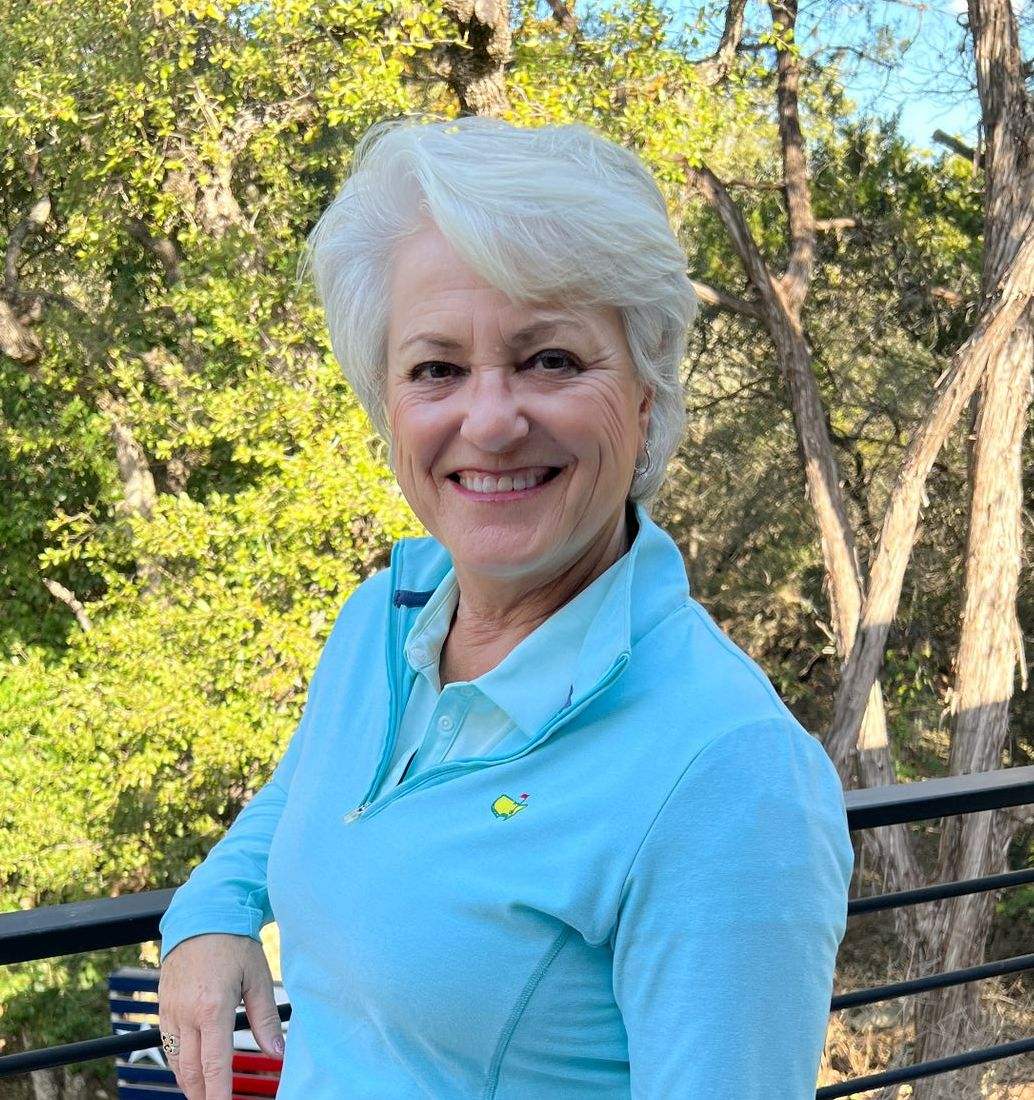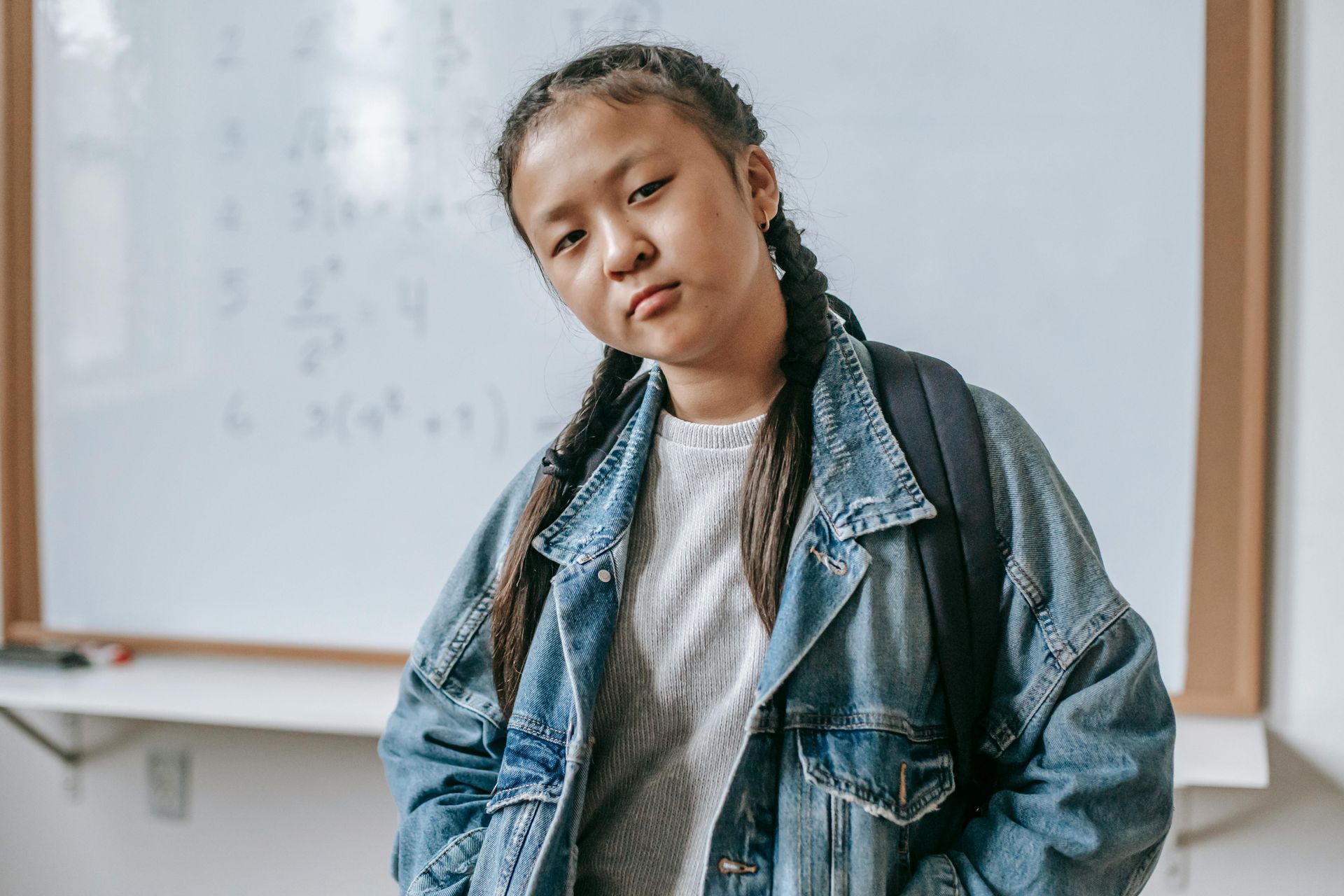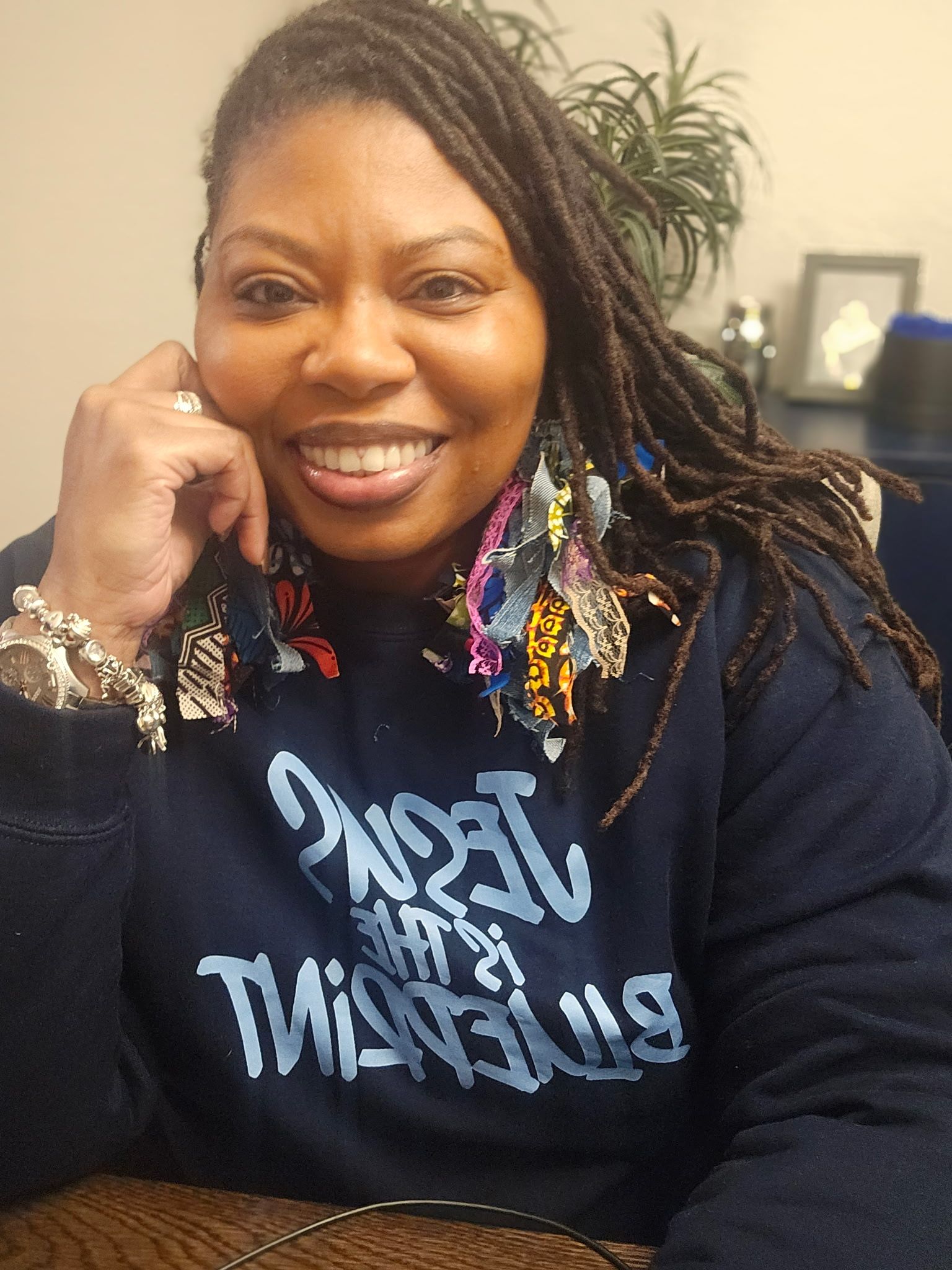January Advocate Spotlight
Nanette Hall

1. How long have you been an Advocate and when did you realize you wanted to become one?
I've been an advocate for 2 years. I first knew I wanted to be an advocate when I was working in a school district and a dear friend of mine retired and became a CASA. Our school district had so many foster kids and I saw first-hand how easily they were overlooked and missed out on opportunities. Listening to my friend talk about the importance of being an advocate gave me the desire to volunteer once I retired.
2. What is the most rewarding aspect of being an Advocate?
The most rewarding aspect of being an advocate is seeing my kids' eyes light up when they succeed at something or when they see they are seen by others. So often they can feel invisible and they light up when they are noticed. These small moments begin to add up so the kids begin to build greater confidence in themselves.
3. If you could offer some words of encouragement to your fellow and incoming Advocates, what would they be?
The greatest traits I continue to learn being an advocate is patience and understanding. Patience with myself and patience with the kids. I like to get things done and move things along. In this process, I am learning to slow myself down and understand things can take longer and the kids aren't always on top of things the way we might like them to be. I've continued to try different approaches to get the kids to take action, understanding the challenges they have faced in their lives that give them different priorities. Letting go of my expectations and working within the kids' needs and desires is helpful for me as I improve my patience.








